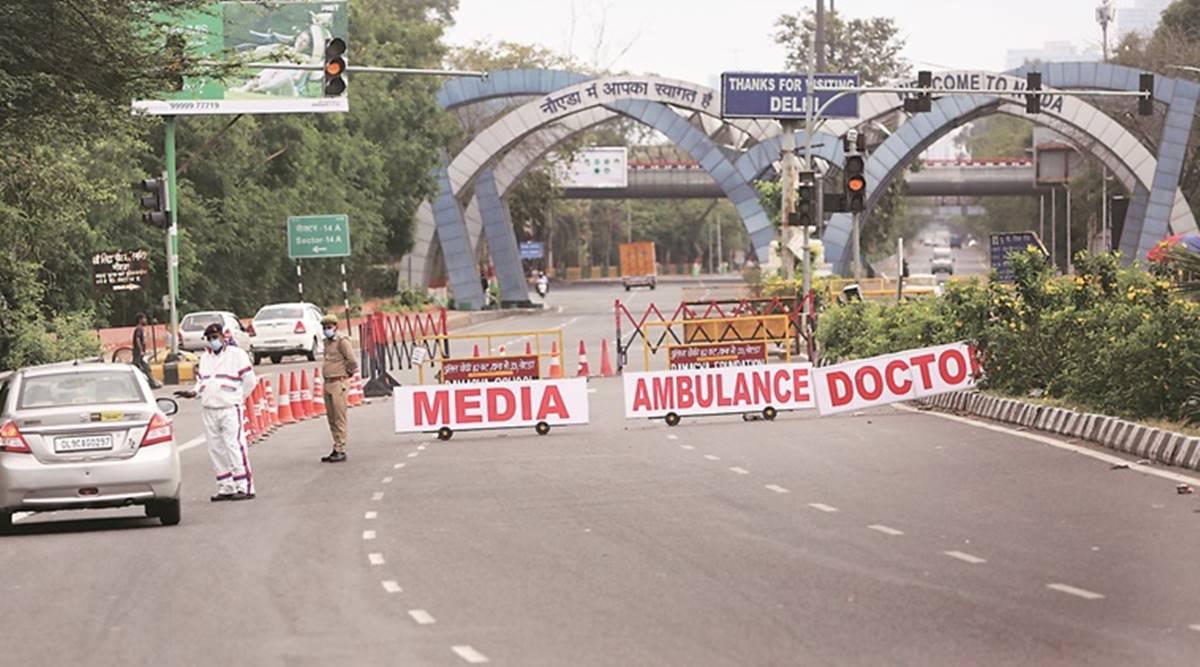
COVID-19 cases in Delhi 40 times more than that of Noida, Ghaziabad: UP govt
The Uttar Pradesh government on Friday (June 12) submitted before the Supreme Court that it will have to continue travel restrictions at Delhi border as there are 40 times more COVID-19 cases in the national capital as compared to Noida and Ghaziabad.

Informing the Supreme Court that there are 40 times more COVID-19 cases in the national capital as compared to Noida and Ghaziabad, the Uttar Pradesh government on Friday (June 12) said that it will have to continue travel restrictions at Delhi border.
Travel will be allowed through passes only for essential services including, doctors, media, and advocates, the counsel appearing for Uttar Pradesh submitted before the apex court.
A bench headed by Justice Ashok Bhushan sought the minutes of the meeting between Home Secretary, chief secretaries of the states in the National Capital Region to be filed before the court by today evening.
The apex court observed that there are some issues with reopening the Noida and Ghaziabad border with Delhi and slated the matter for further hearing on June 17.
Related news: What Unlock 1 means for Delhi’s daily wagers: Burnt ‘khichdi,’ joblessness
The travel restrictions from Noida and Ghaziabad to Delhi will have to continue since coronavirus cases in Delhi are 40 times that of Noida and Ghaziabad, Uttar Pradesh said.
Meanwhile, Haryana said that it will allow travel for all to and from Delhi without restrictions.
The top court was hearing a petition filed by one Rohit Bhalla seeking appropriate directions and orders on lifting border restrictions as it was been a problem for many.
Earlier, the Supreme Court had asked the central government to convene a meeting of representatives or officials from Uttar Pradesh, Delhi and Haryana, and to try to evolve a common policy for the movement of commuters between the two states and the Union Territory in the NCR region.
(With inputs from agencies.)


